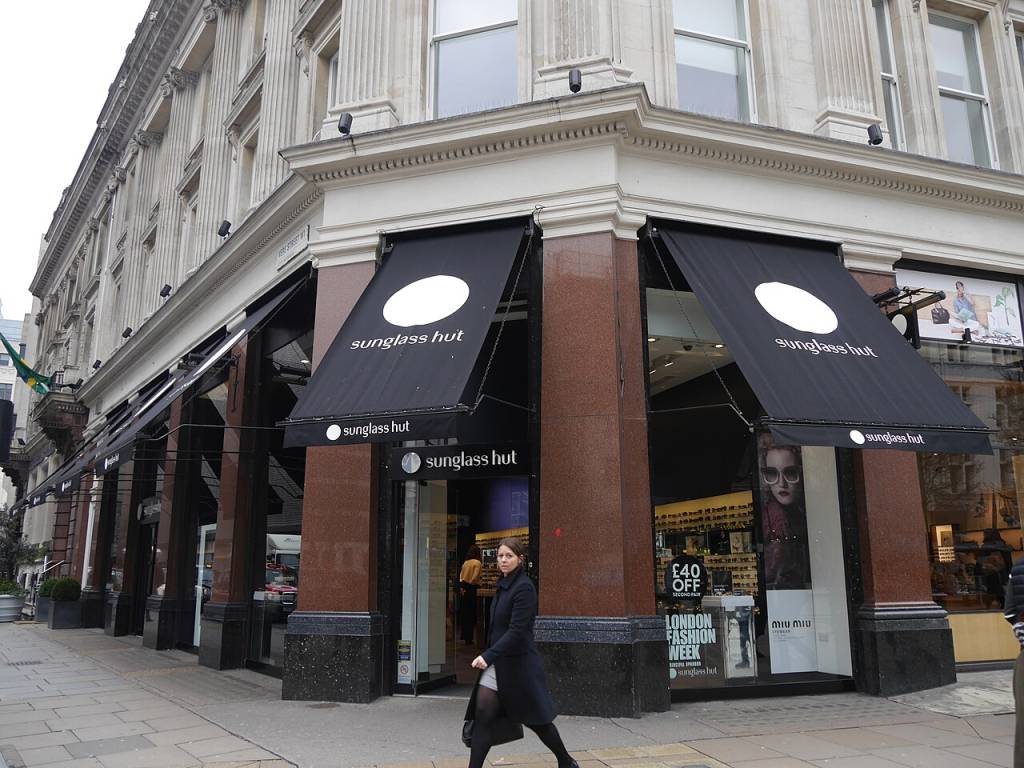Today, I spoke with Randall Jones, who is the founder of Worth Magazine and author of The Richest Man In Town. In this interview, Randall talks to us about what self-made rich individuals think of personal branding, the strategies they use, how he’s leveraged his brand to interview successful individuals, brand characteristics of the rich and if personal branding helps protect the rich. Read on to see this insight for unique angle from Mr. Jones.
Do the self-made rich think in terms of building a personal brand?
Absolutely, whether consciously or unconsciously, the reason America’s greatest successes have gotten to the top of their towns is because they are trusted. Successful personal brands, just like winning consumer brands, are based on mutual trust.
The RMITs (Richest Man In Town) I interviewed have built successful companies and enjoyed the resultant wealth because of many factors:
- they have high octane ambition
- they own and control their own businesses
- they do not fear failure
- they are masterful salespersons
- they build their personal brands by mooring themselves to high morals—they know that reputation rules everything.
How did your own personal brand help you tackle the challenge of getting access to the  notoriously reclusive rich?
notoriously reclusive rich?
It was certainly difficult to get these wealthy individuals to sit down and actually be reflective on their lives, their success and their bank accounts. But this is where my personal brand had a powerful effect. Having written The Greatest Stock Picks of All Time and being the Founder of a major magazine for the wealthy which almost all of them read, I had near instant credibility. They knew I was a serious writer who would take a serious approach to the subject. But it also took some serious selling with many of the RMITs, so I underscored the reason I was writing the book: To enlighten a whole new generation of readers about the power of the American Dream, and to prove it was still possible to achieve.
I told them that this was an opportunity for them to mentor and motivate millions of young Americans who were seeking the secrets to success in modern America. In the end, they all agreed their participation was a service to others, but ironically it also became a benefit to them as well. Most had not slowed down long enough to think about their own success trajectory. My scheduled one hour interviews often went for four or more hours and they had actually had fun reflecting on their storied careers.
What were some of the most common factors you found in the personal brands of these richest men in town?
“To a person, all of my RMITs have found their “perfect pitch”—the thing that they are most personally gifted at doing and secondarily they have found a way to monetize their perfect pitches.”
RMITs believe that we do our kids a disservice when we tell them “you can be anything you want to be—anything you dream of being.” They believe you can’t be anything you want to be, but you can be so much more of what you are innately, genetically gifted at. Warren Buffet says, “I was wired to allocate capital.” He would have been a lousy fashion designer. Hartley Peavey of Peavey Electronics was wired to engineer amplifiers and musical equipment. He loved rock music, but he was a dreadful guitar player.
What is more important, the personal brand you project to the neighbors or to the world?
Your personal brand should be one in the same. Few are us are gifted enough actors to play multiple roles in life. It would require far too much vital energy to present dual or multiple personal brands to the world, energy that is best spent perfecting one’s perfect pitch. That’s not to say that our personal brands can’t be multi-faceted. RMITs for the most part, are addicted to ambition, but they are just as ambitious in their roles as parents, spouses, friends and benefactors.
Does having a strong personal brand protect the wealthy from the current populist rage against the rich?
Without a doubt. RMITs have personal brands built primarily on trust, honesty, local job creation and generous philanthropy. They are not remotely similar to the brand Bernie Madoff. There could be no starker contrast between these hard working, value creating American entrepreneurs and the financial engineering, no-value creating miscreants like Madoff. The richest men in town that I interviewed don’t have a single felony conviction among them. Instead they are the engines of American commerce. President Obama agrees that these and thousands of folks like them are the hard working, honest folks who will lead us out of this recession. That’s the personal brand: local hero.
—–
Randall Jones has spent 25 years in the magazine and media business. He is the founder of Worth Magazine, the financial lifestyle magazine for active wealthy investors, and is also the founder of The American Benefactor Magazine, the first magazine about philanthropy from the donor’s perspective. He is the author of the new book, The Richest Man In Town. He was recently honored by the Leukemia and Lymphoma Society of America as “Philanthropist of the Year.” He has appeared on The Today Show, CNN, CNBC and Fox.












